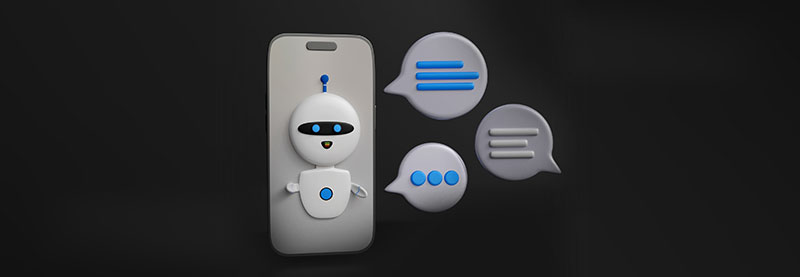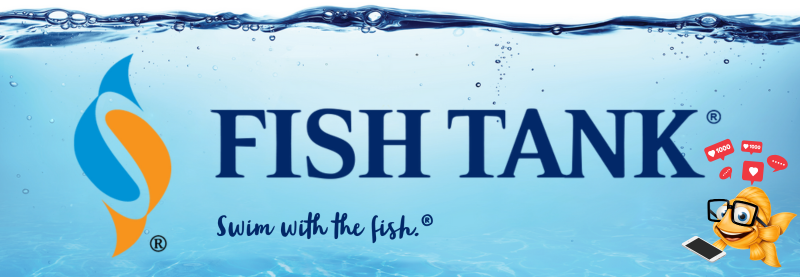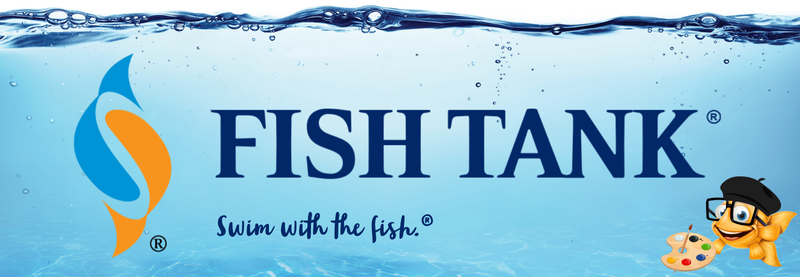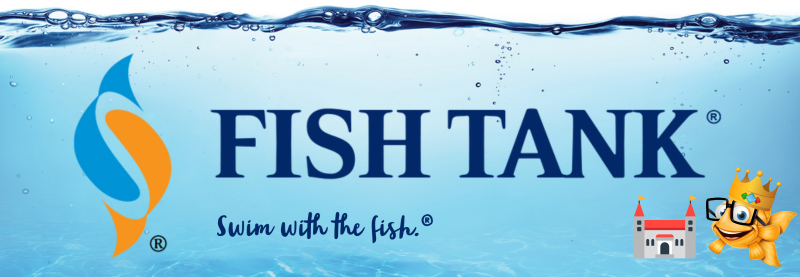Intellectual Property Insights from Fishman Stewart PLLC
Newsletter – Volume 23, Issue 20
Share on Social
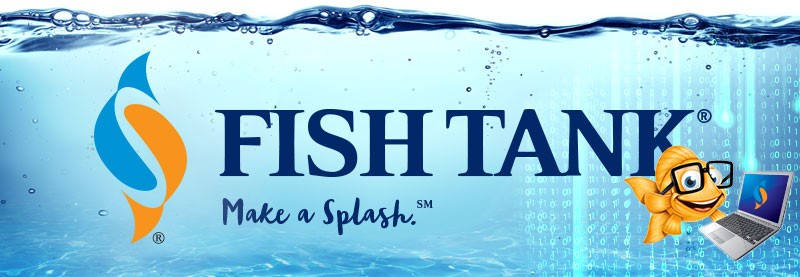
USER BEWARE, BLAME THE HUMAN!
By John P. Guenther
Artificial Intelligence (AI) has made monumental strides in recent years and is becoming increasingly integrated into all aspects of our lives.
One of the more popular AI models, ChatGPT, is based on machine learning techniques, specifically deep learning.
The model was trained on a massive dataset of information. It has come to understand patterns, structures, and semantics of natural language. After the initial training, the model was fine-tuned with training on a more focused dataset with human review and feedback.
The ChatGPT model lets users enter queries. The model returns fast, human-like, and often amazing, responses. The results appear reasonable, are provided in a confident and authoritative manner, and can be very helpful.
However, what happens if the AI model makes a mistake, or worse yet, completely fabricates facts? Some commentators have proposed that machines are “learning” to lie to increase and extend human interaction.
In a lawsuit earlier this year, lawyers were sanctioned for citing six cases based on legal research using ChatGPT. The problem was that the cases cited to the court do not exist – i.e., they were entirely fabricated by ChatGPT. The lawyers claimed to be entirely unaware of the possibility that the content could be false.
In a more recent Georgia case, radio host Mark Walters sued OpenAI, L.L.C., the owner of ChatGPT, for libel. Mr. Walters asserted journalist Fred Riehl asked ChatGPT to provide a summary of accusations from a prior lawsuit and that ChatGPT inaccurately responded by stating Mr. Walters committed fraud and embezzled funds.
In reality, Mr. Walters was not a party in the case, the case had nothing to do with financial accounting claims against anyone, and Mr. Walters had no employment or relationship with the organization he purportedly worked for and defrauded.
Perhaps even more troubling, when the journalist requested a copy of the entire text of the complaint filed in the prior lawsuit, ChatGPT fabricated a complaint having no resemblance to the actual complaint. It even made up an erroneous case number. Naturally, the fabricated case became Exhibit 1 of Mr. Walters’ complaint.
OpenAI filed a motion to dismiss the case, arguing that Mr. Walters cannot sue the company because it is widely known that ChatGPT provides false information. OpenAI further claimed that as a research tool, ChatGPT does not “publish” the responses it provides, so there can be no defamation.
These types of cases are just the beginning, there are a lot of open legal and ethical questions concerning AI models and content providers. Cases like Mr. Walters’ only scratch the surface, and future legislation is likely.
Interestingly, if you ask ChatGPT if it can be guilty of defamation, the model will tell you that it cannot be guilty of defamation because it is a machine learning model, and it lacks the capacity for intent, emotions, or consciousness. It will advise that defamation is a legal concept involving making false statements that harm a person’s reputation and requiring intent or negligence on the part of individuals or entities who make the false statements. It will go on to tell you that any potential legal responsibility for defamation or similar offenses related to the use of ChatGPT would fall on the individuals or organizations that operate, control, and use the AI model, rather than on the AI model itself. ChatGPT will further tell you that legal liability in cases involving AI-generated content is a complex and evolving area, and typically hinges on the actions and intentions of the human users or operators of the AI rather than on the AI model itself.
In short, AI has already learned to pass the blame on to humans. It is unclear whether that will work as a legal strategy.
John P. Guenther is a partner at Fishman Stewart. John’s practice encompasses all aspects of intellectual property law, including domestic and international patent acquisition and maintenance; trademark and copyright registration; intellectual property enforcement and litigation; trade secret protection; high-profile product and trademark clearances; large-scale due diligence efforts; joint venture and commercial agreements; and licensing.
Related Content from Fishman Stewart
In our previous FishTank article “The Great Beige-Off: Influencer Sues for ‘Vibe’ Infringement,” we reported on Sydney Nicole Gifford’s lawsuit against fellow influencer Alyssa Sheil over allegations of copyright infringement involving neutral-toned social media content.
People have long pondered whether or not the Giza pyramids were indeed solely burial chambers, which was the only known, and archaeologically determined, use—until now.
As the story goes, Klein was so taken with the indescribable blue of the sky over the Mediterranean in Nice, France, that he dedicated his artistic talent developing a blue that would imbue the canvas with this color in its purest form.
Despite her pseudo-legal background in Suits, Meghan has been running into one issue after another in her efforts to register the trademark and logo for her new lifestyle company, for now, called “AS EVER”.
By 1930, efforts began in New York to replace Mother's Day with Parent's Day because men were more than just breadwinners. Those efforts didn't catch on, probably because in that era, women often spent more time in the home.
In February, Nike and Skims announced that they will be working together on a new brand, NikeSkims. The co-brand will create a new line of training apparel, footwear, and accessories specifically designed to meet the unique needs of women athletes.
Generally, federal courts have exclusive jurisdiction over copyright cases, and often, this presents an insurmountable paywall for individual artists and small businesses to vindicate their rights, especially where the value of the individual copyrighted works are relatively low.
Dedicated to raising public awareness about the importance of encouraging innovation and creativity throughout the world, the World Intellectual Property Organization (WIPO) annually observes World Intellectual Property Day on April 26 to showcase the role that patents, trademarks, industrial designs, copyrights and trade secrets play in our everyday lives.
Hold onto your foam fingers, sports fans – college sports just got a whole lot more interesting! The latest updates to Name, Image, and Likeness (NIL) rules are making student-athletes bigger than ever, and it’s not just about the game anymore.
Did a federal court in Louisiana recently decide that US copyrights are global rights? It seems so.
IDENTIFYING, SECURING AND ADVANCING CREATIVITY®


